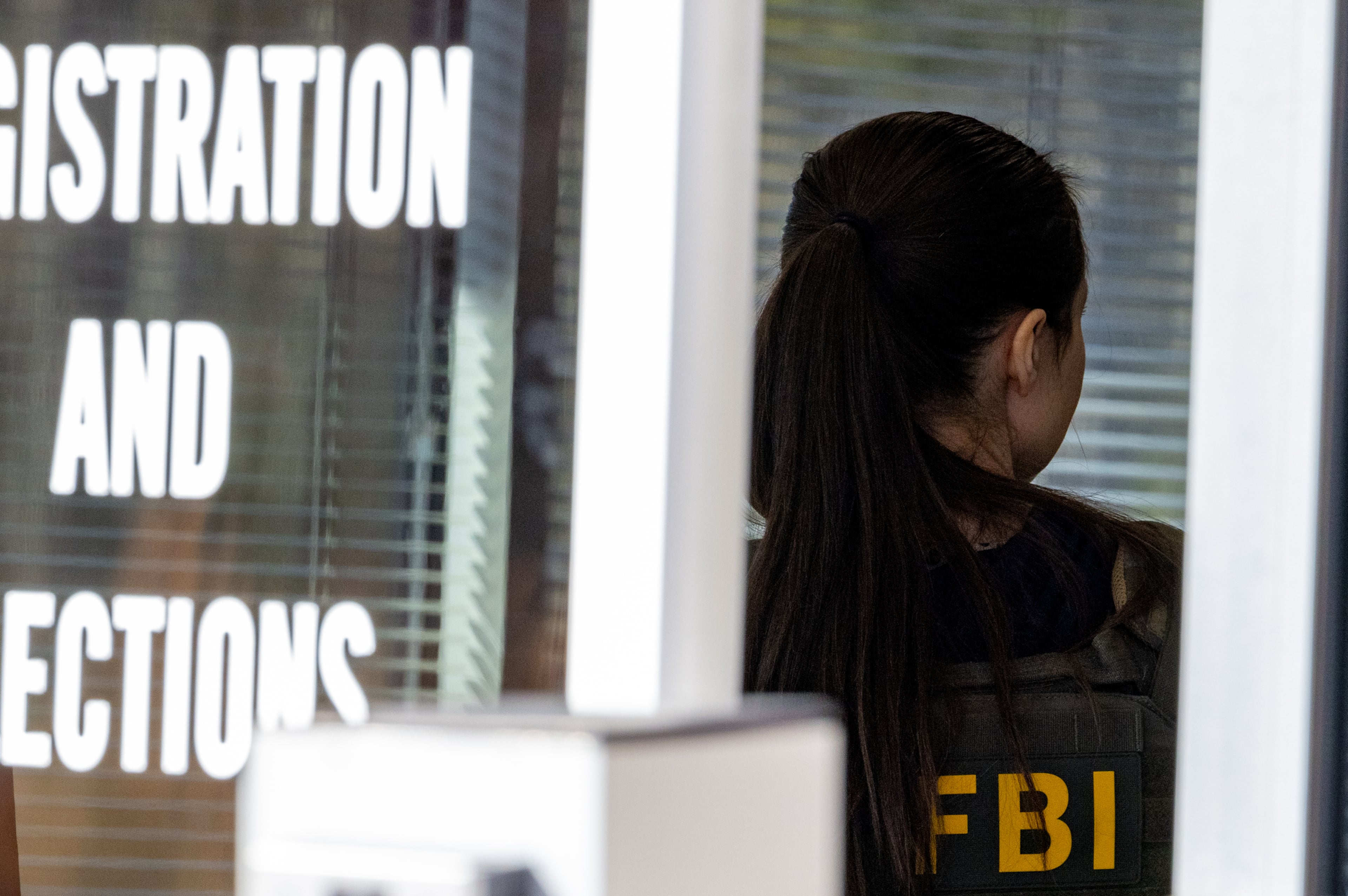Trump plans First Amendment defense to Fulton criminal charges
Donald Trump will defend himself against charges that he illegally sought to overturn the 2020 election in Georgia by arguing his claims about voting fraud were “core political speech” protected by the First Amendment.
In a filing on Monday in Fulton County Superior Court, Trump attorney Steven Sadow said the former president will challenge his indictment on racketeering, conspiracy and other charges by asserting his right to political speech and expressive conduct.
Trump relied on numerous false claims of voting fraud as he tried unsuccessfully three years ago to convince the Georgia General Assembly and Vice President Mike Pence to overturn Democrat Joe Biden’s narrow victory.
The former president was one of 19 people charged in what prosecutors describe as a “criminal enterprise” that sought to overturn the election. Four people already have pleaded guilty to various crimes for their roles in the alleged conspiracy.
Trump pleaded not guilty to all counts in August.
Judge Scott McAfee has already dismissed First Amendment challenges from two other defendants – attorneys Kenneth Chesebro and Sidney Powell (both of whom later pleaded guilty). The judge cited numerous court cases in ruling that he must first establish a factual record before considering such challenges. McAfee said those facts must be established at trial.
In Monday’s court filing, Sadow argued the judge can consider a pre-trial First Amendment challenge if the facts laid out in the indictment are not disputed by the defendants. To pursue such a defense, Trump presumably would have to acknowledge his voting fraud claims were false.
“Here, the indictment’s recitation of supposedly ‘false’ statements and facts, undisputed solely for purposes of a First Amendment-based general demurrer/motion to dismiss, show that the prosecution of President Trump is premised on content-based core political speech and expressive conduct protected by the First Amendment,” Sadow argued.
Sadow said that in a free society, the remedy for false speech “is speech that is true … not a state (racketeering) prosecution against the former president of the United States.”
Trump is relying on a similar First Amendment defense in a separate election subversion case in federal court.



